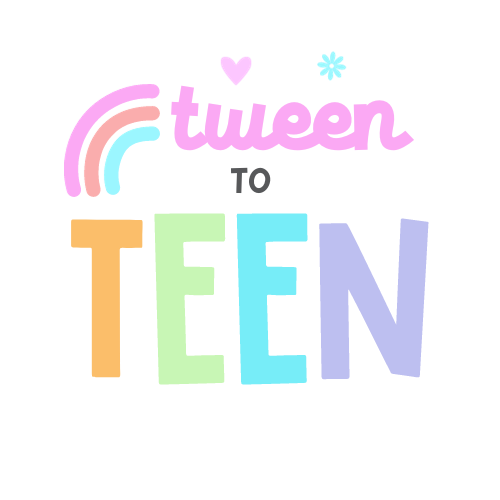Tweens
Dear Parents, forget the terrible twos and make way for the testing tween years. Make no mistake that when your child enters their tweenager years, you and they are set for a lot of changes. Their hormones kick in and so do their emotional and physical transition. The changes can be rapid, so buckle in and get ready for the ride.
Tween Meaning
The definition of a tween is a young person aged between nine to twelve years old. Some view a tween as starting from the age of eight. Tween minds are developing and changing fast. As a result, their minds may actually skip the fact that they’re not teenagers yet. They may act like they are and want the perks that go with it too. Truth is, their minds and bodies may be changing but it’s up to us as parents to guide them and slow them down.
Tween Development
Tween development is rapid. The changes are not subtle and sometimes the stubbornness isn’t either. Your tweens physical development and emotional challenges, make this time an interesting one.
What motivates and drives then at school and home will most likely change. Their social life and skills will develop and evolve. The tween stage brings on a huge increase in hormones. This is the cause of all the physical and emotional changes. You might also note a greater sense of anxiety in your tween, note that this is normal as well. As their brain develops and matures, so do their ideas and understanding of their world.
Tween Interests
They have gone from liking their dolls and toy cars to wanting a phone and downloading Instagram. Tween interests will change a fair amount as they work their way through their tween years. They will hone in on their likes and dislikes and create a sense of self during this time. Their interest plays a huge part in this process. Like the rapid changes that are happening in your tween, so will their interests. They will hop from one interest and hobby to the next and you will feel that you cannot keep up. The best thing you can do is be supportive and show interest.
Parenting Tweens
Make no mistake that hormones will rock their world. The once quiet and agreeable child will now want to test the boundaries. As they want more freedom, we try and compensate for the loss of control by being over protective. At times it will feel like a tug of war. With a few tips though, the transition into parenting tweens need not be a time of turmoil.
They are in limbo
Connection is Key
Don’t think that because your tween craves for independence that you have to give it all. They still need boundaries and rules. It is important to stay connected with your tween. This could be as simple as connecting on the drive home from school, at dinner or on an evening walk. Wherever possible, make a connection with your tween on a daily basis. Their worlds are noisy from peers, social media and school. A lot of the times they will not be an open book and divulge information to you. Having these moments with them and connection, you are setting up a comfortable space for them to open up. Try not to be judgmental, listen and offer your love.
Keep track of their school and school work
It is time to let go a little
Tweens newfound need for independence is scary for a lot of parents. The feeling of rejection by your kids will be a common feeling so rest assured you are not alone. They will be relying on their friends more and talking to you less. Don’t take this personally. This transition in their lives in not about you but about them. Their need for greater autonomy is natural and very normal for this age. If you try to push too much and want to know everything about them, you run the risk of pushing your tween away. Instead, know that it’s a normal phase of tween development and make sure you connect with your tween once a day. Despite this need for autonomy, they still need you.






Leave a comment (all fields required)